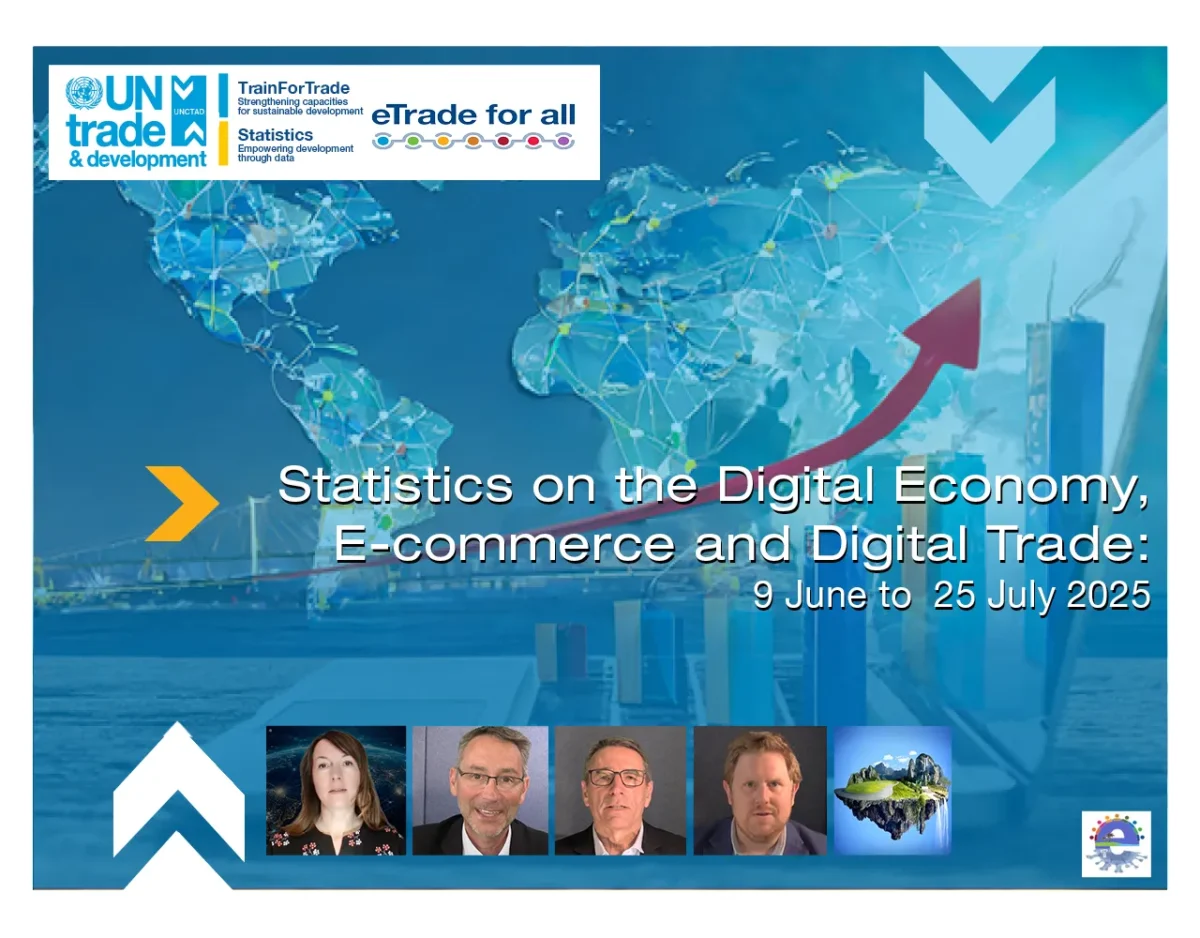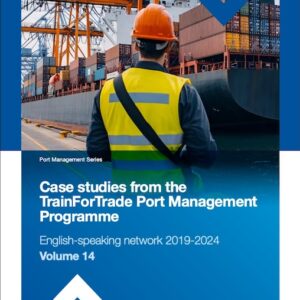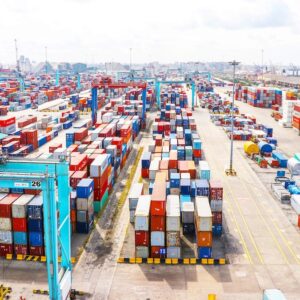E-Learning Course on Statistics on the Digital Economy, E-Commerce and Digital Trade for SIDS

UNCTAD is organizing the delivery of the TrainForTrade e-learning course on “Statistics on the Digital Economy, E-Commerce and Digital Trade” from 9 June – 18 July 2025, with follow-up webinar(s) on 22 July 2025.
The global objective of the course is to gain a clear vision of the key concepts, definitions, and data sources relevant to digital trade statistics; to identify key indicators, prioritize data production, and address challenges in developing national digital trade statistics; to build a customized roadmap, organize and disseminate statistics effectively, leverage surveys and administrative sources, and be able to produce insightful analyses in order to develop a comprehensive dissemination policy tailored to digital trade data.
This project will contribute to strengthening the capacities of Small Island Developing States (SIDS) in Africa, the Caribbean and Asia and the Pacific towards the adoption of trade policies that foster digital economy development and enhance crisis responsiveness. The project will enhance SIDS’ capacities on key aspects of statistics on digital economy, e-Commerce and digital trade through the development of skills and knowledge via innovative approaches based on a recognized blended learning method and state-of-the-art technological solutions.
Registration
Registration is open to all relevant stakeholders from SIDS and delegates from Permanent Missions in Geneva. We particularly encourage women to participate. Nominated officials can directly self-register at https://tft-reg.unctad.org then select “Statistics on the Digital Economy, E-Commerce and Digital Trade” and use the access code: “2025.DTS”.
Background
The development of statistics on the digital economy, on the development of e-Commerce and on digital trade is key to the correct understanding of the changes at play and to the definition of the best strategies by businesses and by countries. It is key to the implementation of evidence-based policies and to the emergence of an open and unbiased dialogue between stakeholders and policy makers. Therefore, appropriate statistics are an essential condition of both economic performance and social cohesion.
Digitalization, and the advent of digital trade, has the potential to reshuffle the cards of economic development, to facilitate the achievement of specific Sustainable Development Goals (SDGs) and can help overcome some of the obstacles facing Small Islands Developing States in their endeavor to enhance economic, social and international inclusion.
Objectives
The global objective of the course is to gain a clear vision of the key concepts, definitions, and data sources relevant to digital trade statistics; to identify key indicators, prioritize data production, and address challenges in developing national digital trade statistics; to build a customized roadmap, organize and disseminate statistics effectively, leverage surveys and administrative sources, and to be able to produce insightful analyses in order to develop a comprehensive dissemination policy tailored to digital trade data.
Target population
Primary target: Compilers of international trade statistics from:
- National Statistical Office (NSO)
- Central Bank
- Other national authorities (ONA)
Secondary target: Digital trade statistics users, analysts, policy makers and economists from:
- Ministries of Foreign affairs, Tourism, Agriculture, Trade/Commerce, Finance, ICT, etc.
- Chamber of Commerce
- Business Cluster
- Entrepreneurs
- Financial institutions
- NGOs
- Academics
Programme Outline
Each course module includes interactive assessments and links to communication tools for online interaction. Every module consists of video presentations, a participant manual, a forum, tests, and case studies. Participants should spend between 4 to 5 hours per week to study the material and participate in the forums.
- Module 1: Digital trade, digital economy and statistical concepts
- Module 2: Setting the objectives, identifying the pre-requisites and defining a roadmap
- Module 3: Data collection
- Module 4: Data compilation
- Module 5: Dissemination and analysis
The course will be conducted in TrainForTrade’s distance learning platform. In the platform, participants will have access to manuals, multimedia presentations, module exams, and opinion surveys and forums created for each module for discussions with the instructors, experts and other participants. A 90-minute follow-up webinar will be organized at the end of the course. The topic will be defined during the assessment of the online sessions.





